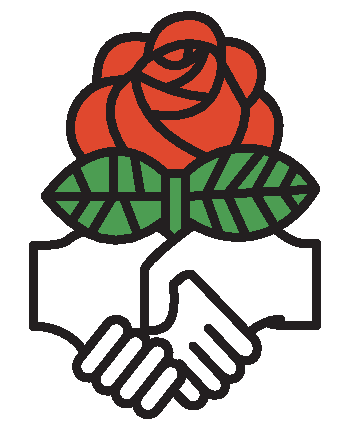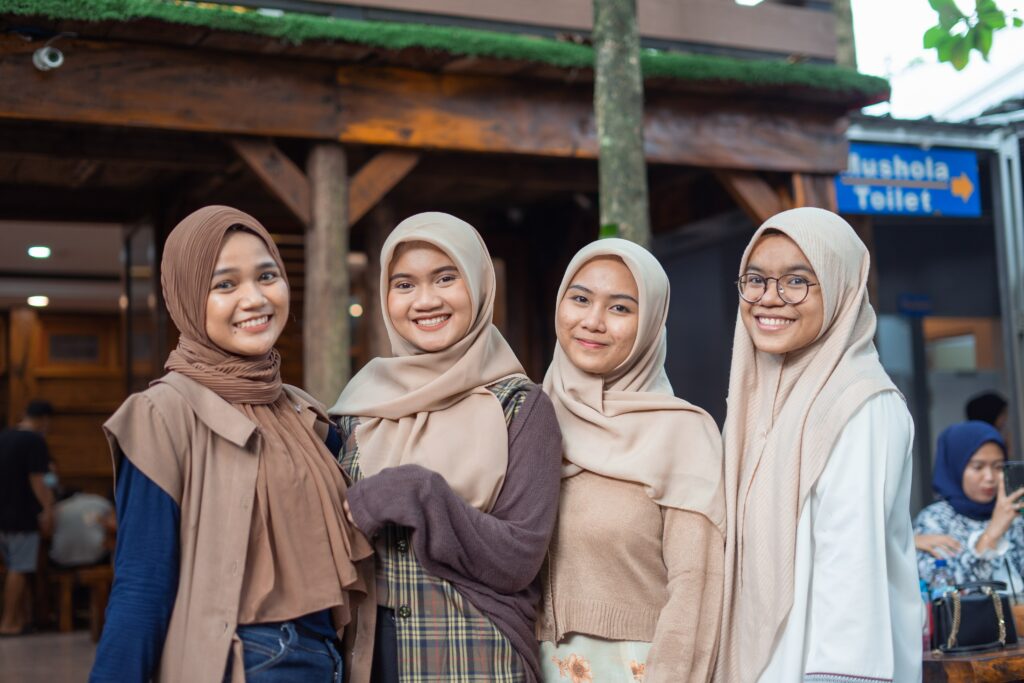Women Leading Governability and Development in Latin America and the Caribbean
Santiago, Chile, 3-4 November 2006
Resolution
The political involvement of women in Latin America and the Carribean has gradually increased over the past ten years. Women account for 15% of executive power and 13 to 14% of legislative power, with 11 countries having a law on quotas. At local level, 5% of the total number of municipalities are led by women. This progress should be celebrated, but it is not enough: in Latin America and the Caribbean we do not want these minimum achievements to set the standard, what we really want is equal conditions to be established for involvement in politics and society.
Latin American women made a big contribution to building democracy, particularly during the wars and the struggle against dictatorships, but this did not generally translate into women achieving positions of power. In this respect, Chile is attracting the attention of the whole world by having a woman president, Michelle Bachelet, and a government with equal numbers of male and female ministers and deputy ministers as well as heads of services throughout the country. Michelle Bachelet is furthermore a socialist, a member of the family of the Socialist International. However, Socialist International Women (SIW) wants the exception to become the rule, it wants governments with equal numbers of women and men to spread across the entire region because, despite everything, both in Chile and many other countries, achieving the involvement of more women in parliament, governments, municipalities and parties has yet to be accomplished.
In order to ensure an equal distribution of women and men in positions of power, we need affirmative action like the quota system. It is a question of democratic principles: there are shortcomings in representation, which is why we need to introduce mechanisms to correct them.
At the same time, progress towards more democratic and fair societies, requires a transformation of social, economic and political structures. For this we need tools to achieve equal opportunities where the starting conditions are not the same. We therefore need public policies aimed at actively promoting women, to drive and ensure their integration in the world of work, and in the various social and political contexts, in conditions of equality and free of sexual harassment and discrimination. These public policies need to include a gender dimension and must not only be directed at women. Women will not achieve real equality through policies designed only for them. These public policies must come within the framework of inclusive and equitable models of sustainable development.
In order to achieve governability we need democratic and stable institutions and good relations between the government and society. An inclusive society in which women play an active role would speed up this process.
Socialist International Women therefore:
- supports the proposal made by President Michelle Bachelet to set up a Latin American Equal Opportunities Alliance to support women in achieving their equality objectives, with the ultimate aim of creating a more friendly region for all its women and for all its men and
- expresses its appreciation of the commitment of the President to ending violence against women, promoting sexual and reproductive rights among young people, ending the salary gap between women and men and increasing the level of inclusion of women in the labour market.
Furthermore, Socialist International Women appeals to governments in the region, particularly those led by parties belonging to the Socialist International:
- to sign and ratify, as soon as possible, the Optional Protocol of the Convention on the Elimination of all forms of Discrimination Against Women (CEDAW), as well as all those international and regional treaties, agreements and pacts;
- to assert the rights of women at work, in the family, in access to public services, health, education, housing, and thus help to eliminate violence against women;
- to adopt measures to ensure the representation of women at all levels of government and in political parties;
- to guarantee that at international, regional and local level, sexual and reproductive rights are fully applicable at every stage of a woman’s life. In this respect SIW condemns the recent prohibition of abortion for medical reasons in Nicaragua considering it a step backwards in women’s rights and therefore asks Nicaragua to reconsider its position immediately;
- to promote public policies for migrant women, based on an international spirit of solidarity so that these women are recognised as individuals with economic, political, social and cultural rights;
- to promote, in the context of electoral reforms, affirmative action to ensure the balanced participation of women and men in decision – making, both in institutions and in political parties, which is vital in developing democratic governability.
Finally, achieving equal opportunities for women and men is not the responsibility of women alone but also of democratic societies and political parties sensitive to cultural change and determined to achieve social justice, equality and solidarity with the view to improve the quality of our democracies and to make our economic and social development more effective.

